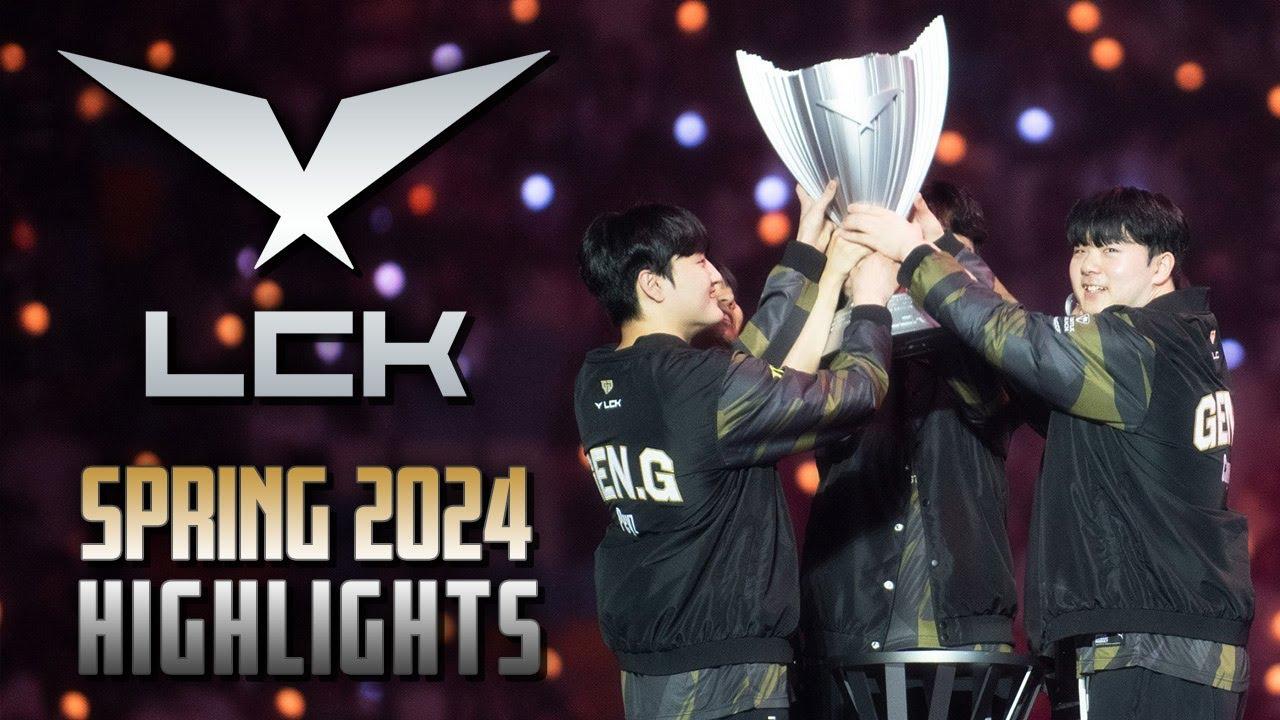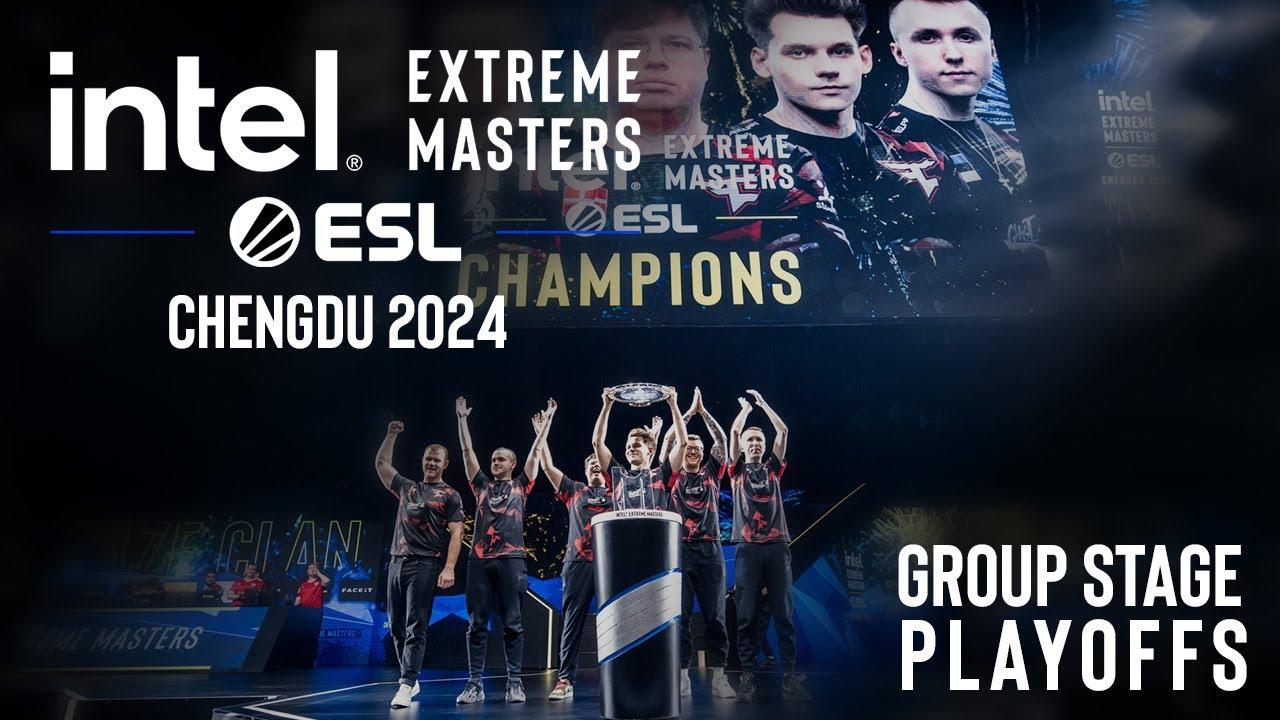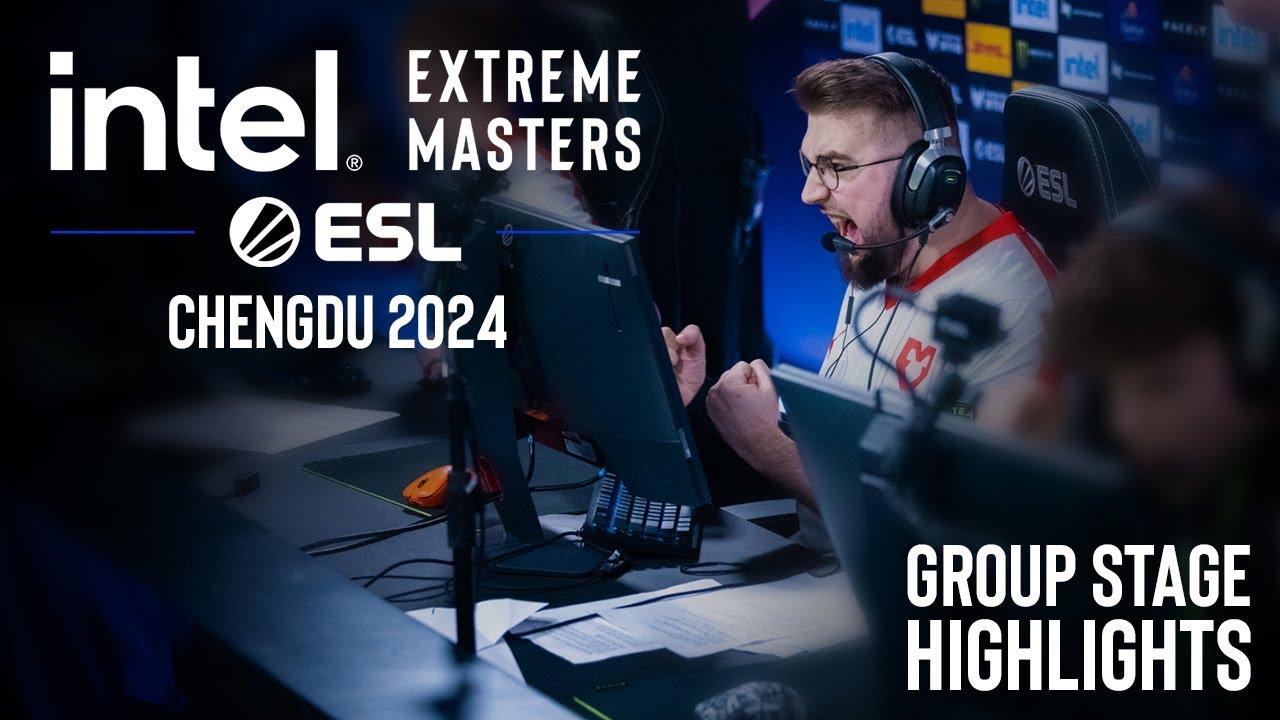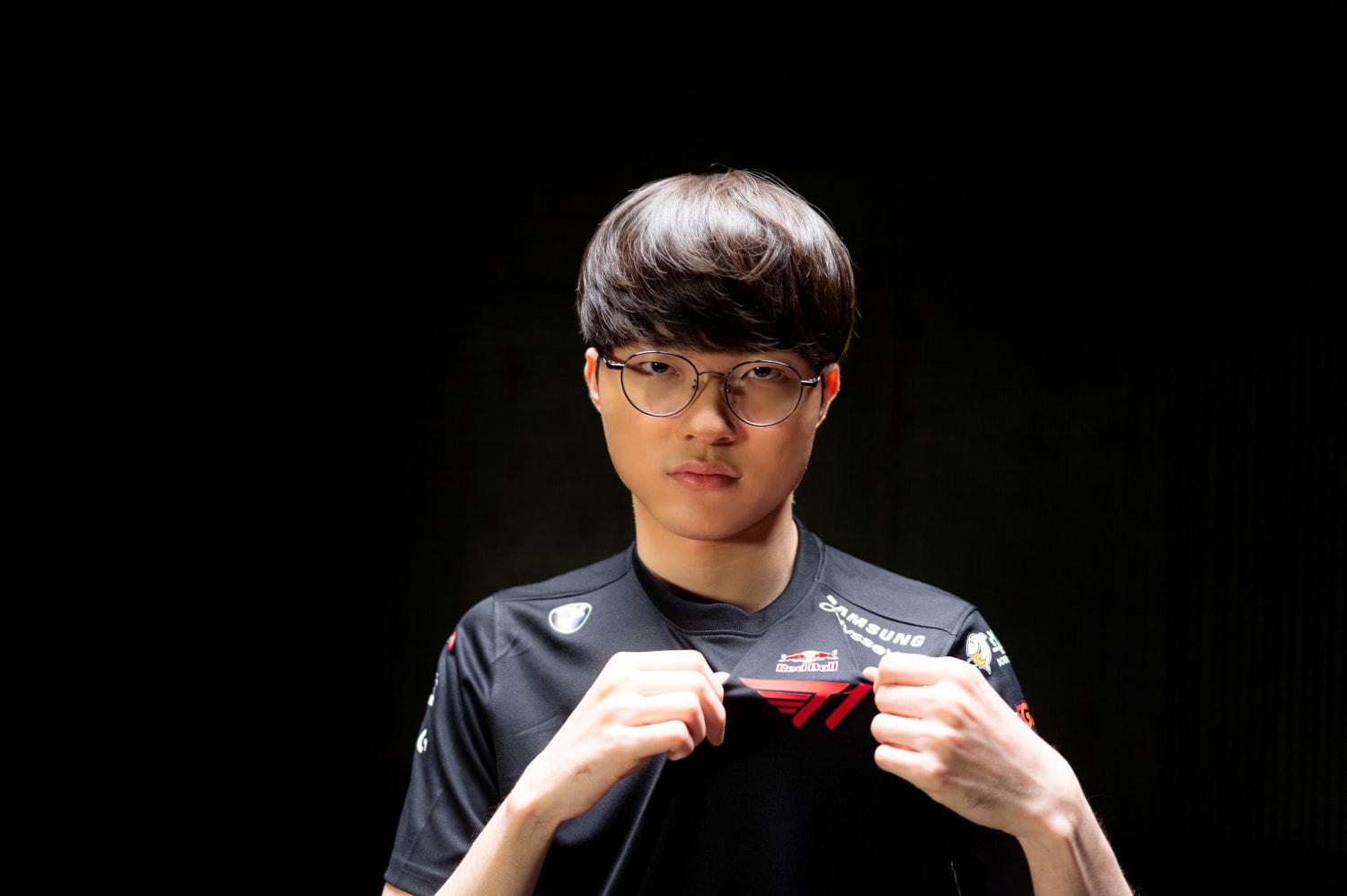
Faker is given his Flash back in an LCK game and drama ensues
Recently, pro player Lee “Faker” Sang-hyeok paused an LCK game, blew his flash in the process, and the game was rewound. Why?
The Korean league issued a statement explaining the strange happenings in one of T1’s recent matches, here’s the full breakdown of the Faker pause controversy. Why didn’t judges let Faker pause, and why was did the game have to be Chronobreaked?
Faker pause leads to Chronobreak
On February 23, LCK titans T1 played against DK in the LCK’s spring split. During the second game’s champion select and ban phases, Faker began to experience issues with his headphones. Presuming the issue to be with the physical headphones themselves, Faker replaced the headphones with another pair as the team loaded into the game. This swap is what would lead to the pause that had so many fans curious.
The headsets that LCK players wear are made to cancel out noise below a certain decibel level, and when he swapped to a new headset, it was not noise-canceling properly. Instead, one side of the headphone continued to experience issues and Faker began petitioning the referee for a pause. The referee misunderstood the request since it is players’ responsibility to balance their own headsets before the game and the referee assumed these were the same issues Faker was experiencing in champion selection.
Once the referee realized the circumstances, they allowed Faker to pause the game. While typing in the pause command, he accidentally used his Flash, blinking out of the bush he was hiding in. The pause then went through and LCK staff determined that the game would have to be rewound through the use of the Chronobreak function to before Faker’s flash.
Overall, it appears to have been a series of miscommunications between referee and player that eventually led to the accidental keystroke. The delay was due to referees and T1 staff having to explain the situation to DK coaches and staff.
Recommended
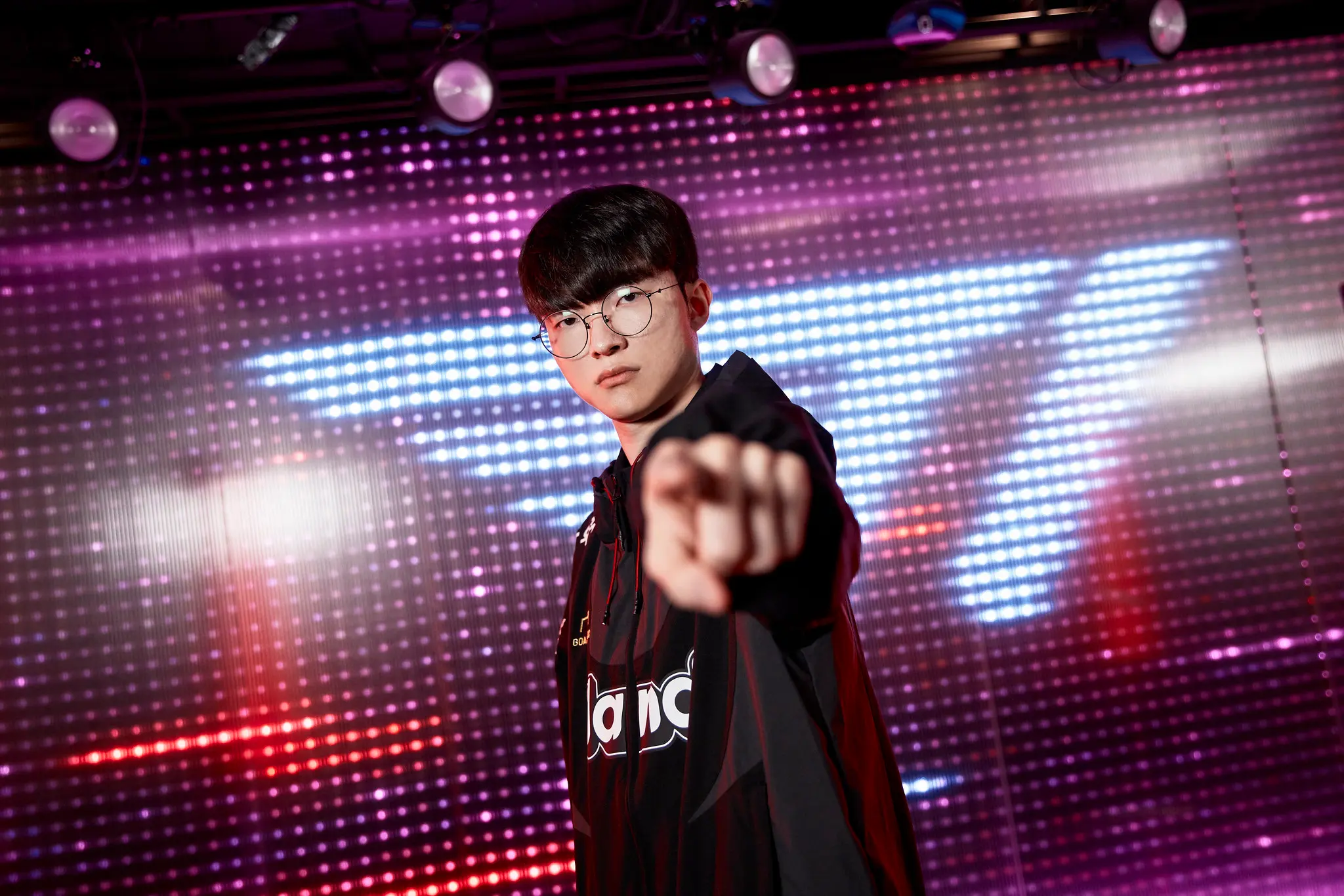
Worlds 2023 Knockout Pick’em predictions
Time to pick the winner of Worlds 2023!

NRG defeats G2 Esports at Worlds 2023
NRG is keeping the NA faith alive!

T1 moves to Knockout Stage at Worlds 2023
Faker and company do not dissapoint!

